
The priority review will focus on the combination of Keytruda and Lenvima for the first-line treatment of advanced renal cell carcinoma, as well as the treatment of certain patients with endometrial carcinoma.

Ryan McDonald, Associate Editorial Director for CURE®, has been with the team since February 2020 and has previously covered medical news across several specialties prior to joining MJH Life Sciences. He is a graduate of Temple University, where he studied journalism and minored in political science and history. He considers himself a craft beer snob and would like to open a brewery in the future. During his spare time, he can be found rooting for all major Philadelphia sports teams. Follow Ryan on Twitter @RMcDonald11 or email him at [email protected].

The priority review will focus on the combination of Keytruda and Lenvima for the first-line treatment of advanced renal cell carcinoma, as well as the treatment of certain patients with endometrial carcinoma.

FDA committee members recently voted in favor of upholding Tecentriq’s accelerated approval indication for the first-line treatment of certain adults with locally advanced or metastatic urothelial carcinoma who are ineligible for standard chemotherapy.

There is some low-level evidence that suggests medical marijuana or cannabinoids may reduce chemotherapy-related side effects in patients with cancer, according to data presented at a recent medical conference. However, experts note more research is needed to build on those findings.

Members of an FDA committee recently voted in favor of upholding Keytruda’s accelerated approval indication for the treatment of patients with advanced hepatocellular carcinoma who had previously received treatment with Nexavar. However, the committee narrowly voted against maintaining Opdivo’s accelerated approval in the same patient population.

On social media, CURE® recently asked its readers to share what must-haves they bring with them on days they receive treatment for cancer.

The Food and Drug Administration’s recent approval of Abecma is an extremely significant development for patients with heavily pretreated multiple myeloma, according to an expert from the Dana-Farber Cancer Institute.
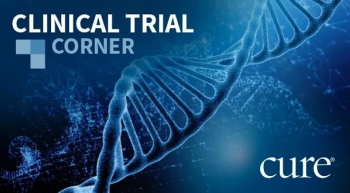
Here is a list of some recent trials that launched within the cancer space in April.

On social media, CURE® recently asked its readers to share how oncology nurses have helped them during their experience with cancer. Here’s what some of them said.

Jemperli (dostarlimab) received accelerated approval from the Food and Drug Administration for the treatment of patients with recurrent or advanced endometrial cancer whose disease has progressed on, or following, prior treatment with a platinum-containing chemotherapy and whose cancers have a specific genetic biomarker known as deficient mismatch repair.

On social media, CURE® recently asked its readers to share if they sought a second opinion when discussing their cancer diagnosis and treatment. Here’s what some of them said.

The FDA has recommended the manufacturer of a cell-based immunotherapy terminate a phase 2 clinical trial assessing its effectiveness in recurrent or progressive glioblastoma early and pursue a phase 3 trial which may lead to an approval.

On social media, CURE® recently asked its readers to share where they first turned to for information after they received their cancer diagnosis. Here’s what some of them said.

Approximately one year after granting Trodelvy accelerated approval, the Food and Drug Administration granted a regular approval to the antibody-drug conjugate in certain patients with pretreated triple-negative breast cancer.

On social media, CURE® recently asked its readers to share if they have experienced any side effects from cancer treatment and how they have managed them. Here’s what some of them said.

The Food and Drug Administration’s Oncologic Drugs Advisory Committee unanimously voted in favor of waiting for more data before making an approval decision involving the use of Keytruda in early triple-negative breast cancer.
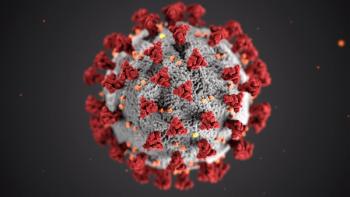
CURE® compiled a roundup of seven recent pieces of COVID-19 news and updates that patients with cancer may have missed.
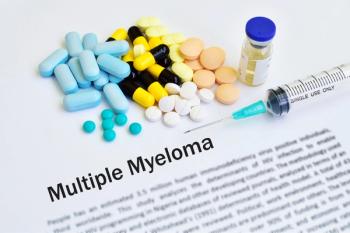
Efficacy is one of the most important drivers in determining which cell-based therapy a patient with multiple myeloma receives, according to an expert. However, she says, other factors, such as how aggressive the disease is, may play a major role.

On social media, CURE® recently asked its readers to share how cancer has changed the way they live their lives. Here’s what they said.
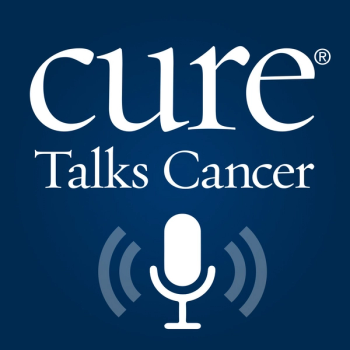
In this episode of the “CURE® Talks Cancer” podcast, we spoke with a large B-cell lymphoma “alumni” who was diagnosed at 24 about what it was like to be the only young patient receiving infusions at her cancer center, and what led her to start a nonprofit organization to help others along their journey.
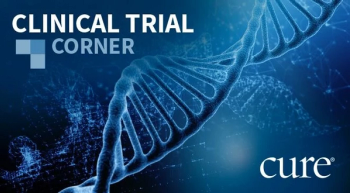
Here is a list of some recent trials that launched within the cancer space in March.

The biggest reason the FDA’s recent approval of Fotivda is important for adults with relapsed or refractory advanced renal cell carcinoma who have received two or more prior systemic therapies, according to an expert from the Vanderbilt-Ingram Cancer Center, is that it offers them a very tolerable treatment option that may preserve quality of life.

In a recent interview with CURE®, an expert from Fox Chase Cancer Center discussed gastrointestinal stromal tumors (GIST) and addressed a multitude of topics including common symptoms associated with the disease, and potential future therapies that may be beneficial for patients.

Results of a preliminary clinical trial show that MK-1775 — an investigational therapy — as a single agent, or in combination with Ayvakit, may be effective in the treatment of gastrointestinal stromal tumors. However, one of the study’s authors notes that further research is needed to determine a benefit in patients.

On social media, CURE® recently asked its readers to offer advice to others looking to help friends and family who have been diagnosed with cancer. Here is some of their advice.

Patients with this liver cancer subtype do not need to be hospitalized to receive this treatment and, according to the agent’s manufacturer, Boston Scientific, can typically receive the therapy in approximately an hour during an outpatient procedure.

In honor of Kidney Cancer Awareness Month, CURE® compiled some recent kidney cancer news and updates patients may have missed.

On social media, CURE® recently asked its readers to share who they have turned to for emotional support during their cancer journey.
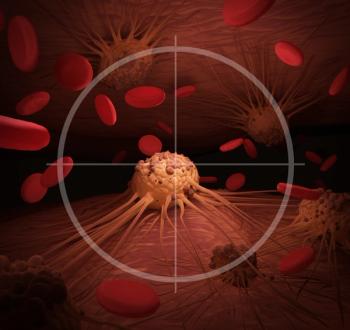
The FDA’s fast track designation to poziotinib for use in previously treated patients with non-small cell lung cancer whose disease harbors a certain genetic mutation, may open the doors to an accelerated approval.

The FDA announced that a special committee will review the indications of several cancer drugs that were granted accelerated approval as confirmatory trials showed they failed to demonstrate efficacy.
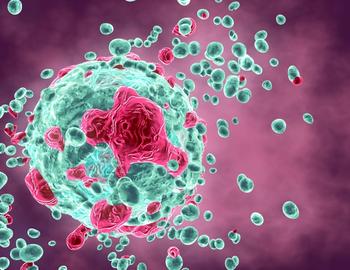
A trial investigating a novel drug plus the chemotherapy docetaxel failed to show a survival benefit in patients with previously treated locally advanced or metastatic non–small cell lung cancer.